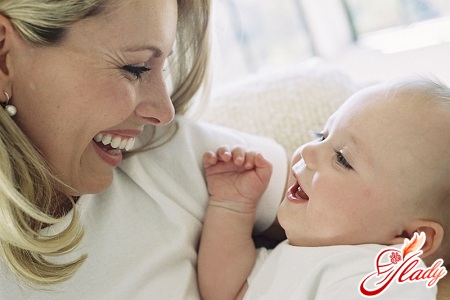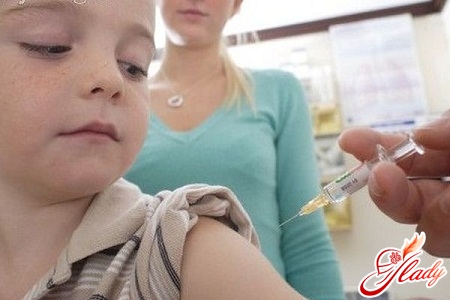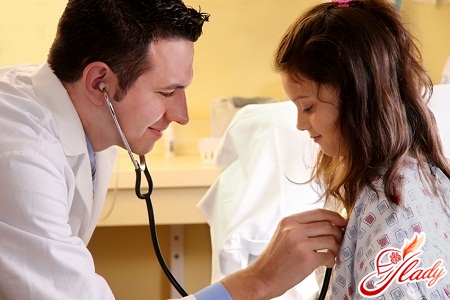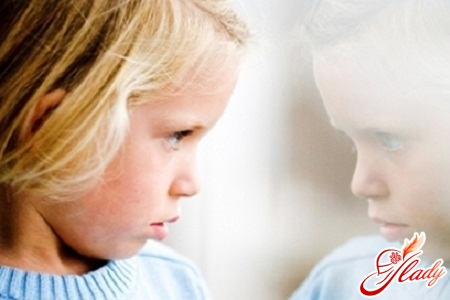 Thrush is the most commontype of yeast infection in children. According to statistics, about every sixth baby faces this unpleasant disease. Basically, these are children under 2 months old - at an older age they are already less susceptible to this type of infection. In essence, thrush in newborns is a fungal infection caused by certain types of Candida Albicans fungi. Thrush itself is not so dangerous for the baby's health. Moreover - in most cases, thrush subsides within 2 weeks after infection, even if left untreated. Although, of course, without treatment, the baby's quality of life decreases significantly. And first of all, nutrition suffers, which is very, very dangerous for a baby.
Thrush is the most commontype of yeast infection in children. According to statistics, about every sixth baby faces this unpleasant disease. Basically, these are children under 2 months old - at an older age they are already less susceptible to this type of infection. In essence, thrush in newborns is a fungal infection caused by certain types of Candida Albicans fungi. Thrush itself is not so dangerous for the baby's health. Moreover - in most cases, thrush subsides within 2 weeks after infection, even if left untreated. Although, of course, without treatment, the baby's quality of life decreases significantly. And first of all, nutrition suffers, which is very, very dangerous for a baby.
Causes of thrush development
There are many reasons why babies get thrush. But the most common are:
- Infection at the time of delivery
Some babies become infected with the fungus duringchildbirth, when passing through the birth canal. This is the most common route of infection - unfortunately, most pregnant women suffer from vaginal yeast candidiasis. The first symptoms of the disease appear on the second or third day of the baby's life.
- Treatment with antibiotics
Unfortunately, nowadays there are fewer and fewerfewer children are born completely healthy. And often the child's body gets acquainted with antibiotics very early - sometimes even in the maternity hospital. And antibacterial drugs very often cause thrush - this is a well-known fact. Moreover, the new mother should remember that this also concerns her. In the event that you are prescribed treatment with antibacterial drugs after childbirth, you also have a high risk of developing thrush. This means that you can infect your baby.
- The immune system
Another reason for thrush is immaturethe immune system of small children, which is still too weak to resist yeast infections. It only takes a little bit of fungus - and the child is already infected. That is why it is so important to remember about hygiene.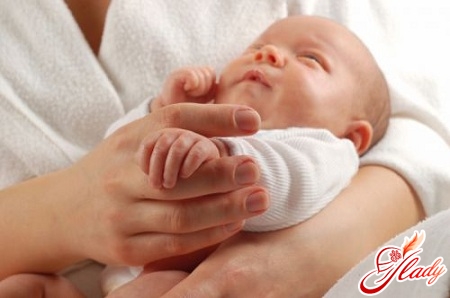
Symptoms of thrush
In most cases, children do not have anyserious symptoms of thrush, with the exception of a white coating in the mouth. If you look into the baby's mouth, you will notice a white coating on the mucous surface of the cheeks, tongue, gums and palate, resembling milk foam. However, unlike milk foam, you will not be able to easily wipe off this coating. If you do, you will see red, inflamed areas under the coating that may bleed. Of course, there are other symptoms that are very difficult for parents to miss: the baby begins to fuss, worry, especially during feeding. In advanced cases, pain in the mouth appears. As a result, feeding can be very painful for the child, and he / she cannot suck correctly. Therefore, if your child cries during feeding, you should start looking for signs of thrush. This is the disease that must be excluded first. And, of course, seek help from a pediatrician as soon as possible. It is wiser to stop the disease at its very onset. Although in some cases, the doctor may consider that there is no need for treatment.
Treating Thrush
In the event that thrush does not in any waybothers the baby, the doctor may prefer to let the child's body cope with the infection on its own. Of course, the child must be under strict medical supervision all this time. And at the slightest sign of deterioration, treatment will be started immediately. However, if thrush immediately manifested itself in all its glory, as a result of which your child becomes too restless and refuses to feed, medical intervention is simply necessary. The pediatrician can prescribe antifungal oral medications that you will have to apply to the white spots inside the baby's mouth. In addition, it is necessary to treat the baby's entire oral cavity after each feeding. This must be done in order to remove milk or formula residues from the mucous membranes, which are an excellent environment for the reproduction of fungi. Which, by the way, reproduce much faster than rabbits.
What can not be done in any case!
Very often young parents receive tensvarious pieces of advice from "well-wishers" - relatives, acquaintances, friends. And they begin to try to rid the child of thrush with the help of various improvised means. But this is very, very fraught with injury to the mucous membranes of the oral cavity. And microtraumas, in turn, can become infected - and the treatment will be long and difficult. Firstly, do not try to forcibly wipe off the white plaque - nothing good will come of it. Secondly, under no circumstances use bandages or gauze to treat the oral cavity - only sterile cotton wool and / or cotton swabs. Thirdly, under no circumstances treat the baby's mouth with a soda solution. And finally, do not buy any medications yourself.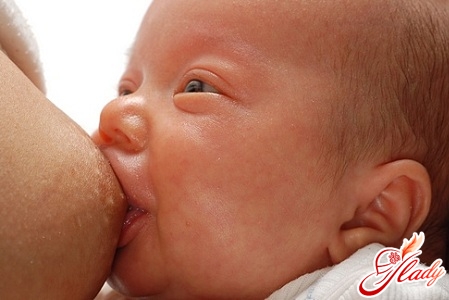
Prevention of thrush
Thrush in babies can sometimes be easily prevented with proper care and certain precautions. Here are some tips to help you prevent your baby from getting infected:
- Treatment of a woman
The best way to prevent thrush inchild - this is the absence of the disease in the mother. That is why it is so important to get rid of thrush at least a month before giving birth. And even better - two months, so that there is confidence that the disease is really gone.
- Nipple Hygiene
If you are breastfeeding your baby, always keep an eye onits cleanliness. After each feeding, wash your nipples thoroughly. But, of course, without using detergents - just clean water. This way you will remove the remains of baby's saliva and milk, thereby depriving the fungal infection of a nutrient medium. And it will not be superfluous to rinse your breasts immediately before feeding.
- Bottles and nipples
Don't forget to keep an eye on the bottle and nipplescrumbs - at least for the first few months of the child's life, they must not only be washed, but also sterilized. Until the child's immune system is strong enough to resist infections. By the way, such measures will allow you to protect your child not only from thrush, but also from many other very unpleasant diseases. Although, of course, excessive sterility will also not turn out well for the child - in order for the child's immune system to function fully, it must interact with the outside world. Including - oh horror - with viruses and bacteria. The main thing is to find the "golden mean" when the baby grows up a little. Discuss this issue with your pediatrician. We advise you to read:




